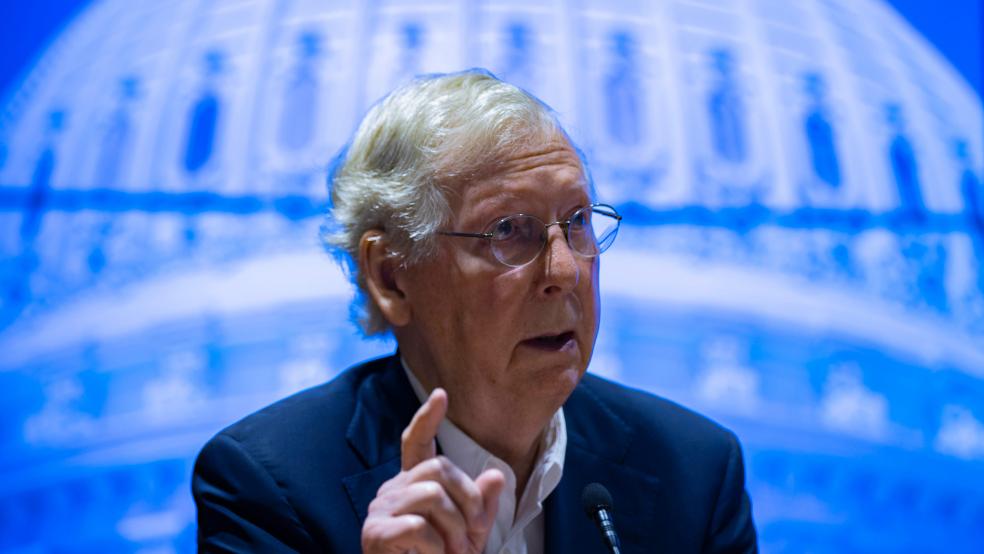The election contest between President Trump and former vice president Joe Biden has been called the most consequential of our lifetime — and more voters say the race matters to them than in decades past. But when it comes to the size and scope of any coronavirus relief package that might pass in 2021 — because, let’s face it, it’s probably not happening this year — who controls the Senate will mean more than who’s president, Goldman Sachs says.
“Next year, fiscal policy depends on the election outcome, but in our view it depends more on the outcome of Senate elections than the presidential election result,” Goldman Sachs economist Alec Phillips wrote in a research note Monday. While House Speaker Nancy Pelosi and the White House are working on a roughly $2 trillion package, many Senate Republicans oppose spending that much and are instead set to vote on a roughly $500 billion plan.
“Regardless of who wins the White House, if the Senate remains under Republican control we would expect Congress to enact a stimulus proposal much closer to the current Senate Republican proposal than to either President Trump’s or Speaker Pelosi’s,” Phillips says.
Democratic control of Congress and the White House would likely result in the greatest increase in spending, with a stimulus of about $2.5 trillion likely, Phillips adds. “This would likely include a stimulus package in Q1, followed by infrastructure and climate legislation. In this scenario, we would expect legislation expanding health and other benefits, financed by tax increases, to pass in Q3.”
The size of a potential Democratic Senate majority will also matter, Phillips argues, with a narrow edge (50 or 51 seats) likely resulting in less fiscal stimulus than a more sizable majority.
If Republicans hold onto the Senate, the Goldman Sachs economist expects Republicans to look to limit the size of any stimulus bill, with the final package likely coming in “well under $1 trillion.”





